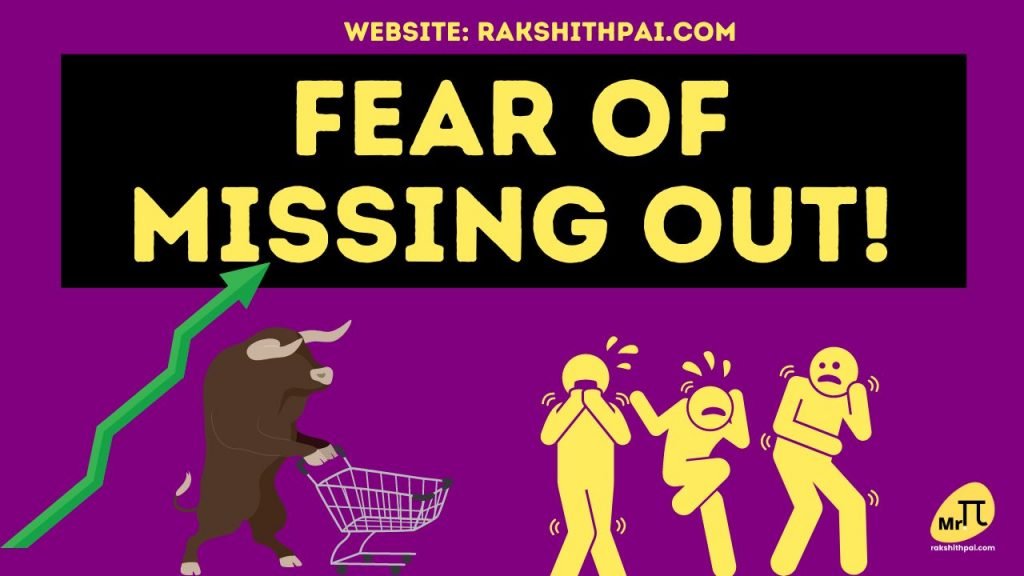Table of Contents
What’s an Employer Insurance?
The practice of a company providing its workers with access to a group life insurance policy is known as employer-sponsored life insurance or ESL. The employer is the policy’s owner and pays all premiums; the employee is just the policy’s beneficiary.
For workers who would otherwise go without medical coverage due to financial constraints, an employer-provided health insurance plan is a critical perk. The premium for this plan is being paid for by the company. The employer foots the bill for this benefit.
Does your employer provide you with health insurance? Is that the only health insurance plan you have? Do you think that policy is sufficient?
We’ll Try and answer these questions in this article.
Comprehensive Healthcare Benefits Under Employers Health Insurance:
First, let’s list down what’s included in an Employer’s health insurance. What does an employee get when they subscribe to Health Insurance?
- Group health insurance for members (Employee & Family)
- Extend health benefits to all.
- Covers all employee Insurance, Medical needs.
- Pharmacy and diagnostic discounts
- Free doctor teleconsultations
- Cashless claims & reimbursement support
What’s Covered Under Employers Health Insurance?
- Hospitalization coverage
- Healthcare at home
- Pre and post-hospitalization expenses
- Maternity coverage
- Day care treatments
- AYUSH treatments covered
What Should You Look for When Buying Health Insurance?
Employer Health Insurance Eligibility:
Although Employer Health Insurance is a mandatory perk, there’s no set limit in regard to how much the policy must cover. So, with that said, here are some of the eligibility criteria as per companies;
- Employer-Employee relations are a must.
- The plan is available to any business with at least five employees, including sole proprietorships and partnerships.
- The employee and his or her immediate family members (spouse, children, in-laws, siblings, and parents) cannot own more than 51% of the employer’s company stock.
- The Employer Insurance Scheme offers a limited variety of schemes. So, whatever is offered, the employee must subscribe to those listed.
- Employees of businesses running at a loss are also eligible for Health Insurance.
Employers’ Group Medical Coverage:
Here are some of the benefits of employer-sponsored health insurance:
- You’ll get health insurance free of charge or at a very nominal price.
- Health insurance throughout the tenure of your employment.
- No pre-medical screening.
- Covers preexisting illnesses too.
- Can be used as an add-on to the main policy.
For more information regarding your employer health insurance, contact your HR.
Why Employer Provides Health Insurance?
- Employee turnover (attrition rate) is reduced when the entity provides Health Insurance to its Employees.
- As a result of this program, workers feel more valued and safe at work, which enhances their commitment to the company.
- According to Section 37(1) of the IT Act, the premiums paid by the employer for this program are deductible as a business expenditure.
Everything You Need to Know About Health Insurance:
Is Employer Health Insurance Worth The Benefit?
Up until the COVID pandemic, the employer was not required to provide health insurance. It was then that the government noticed a lack of safety for the working class. It has since been made mandatory.
Employer health insurance is a cost to the company. Now, as with any cost, the company would do its best to reduce the overall charges to the minimum as possible.
So, when health insurance is a mandatory aspect that needs to be provided by your employer, they’ll do their best to subscribe to the cheapest option. Right?
It is for this reason that employers’ health insurance fails to provide proper safety to their employees.
Here’s a list of Benefits for Employees:
- Employee morale is boosted thanks to this insurance plan, which functions as a form of incentive program.
- Employees and their family members are the only ones who may access the maturity funds.
- The employee is eligible for an income tax deduction under Section 80C of the IT Act for the premium amount, even if it’s the employer who pays the premium amount.
- Section 10 (10D) of the IT Act provides a comprehensive tax exemption for the maturity amount of life insurance up to Rs. 1.5 lakh.
- It is possible to tailor the insurance policy so that it protects employees in the event of an accident, sickness, incapacity, or premature death.
- In the event of the employee’s death, the death benefit will be given to the nominee designated by the employee.
[Although the topic discussed is health insurance, there are certain companies that offer life insurance to their employees.]
Is Life Insurance for Everyone?
Why Not Employer’s Health Insurance?
Did you know that less than 5% of the insurance your employer provides is comprehensive? Check out this video to learn more about a comprehensive policy.
What’s also worrisome is that out of the total health insurance offered to the employees, only 56% of such policies cover maternity benefits, and only 14% of them provide benefits beyond Rs. 50,000. And as far as OPD coverage, 98% of your employer’s health insurance does not even cover the outpatient department.
What Should the Employee Do?
Did you know that medical insurance has the highest rate of inflation? It’s in double digits! Why? Because healthcare costs have risen by over 150% just in the last 10 years.
So, if you depend on your employer’s health insurance, at times of need, there’s a high possibility that you will be asked to pay a good amount of money out of pocket.
Not just that, since most of these policies are basic, almost 75% of employer health insurance does not even cover your parents’ health.
So, subscribing to separate private insurance is highly suggested. Again, how do you pick a good health? Check this article on “Health Insurance”, CLICK HERE!
Conclusion:
Your health is your responsibility. But we live in a dynamic world. Anything can happen at any time. See, for example, China’s covid.
So, your health insurance is also your responsibility. It’s good that many corporations are coming forward to fund their employee’s insurance costs. Insurance coverage provided jointly by a company and an employee works out well for everyone involved. Attracting and keeping good personnel is a top priority for every business, and this philosophy has never been more important than it is now.
But since these insurances are very basic and do not provide full benefits at times of need, it is highly suggested that you subscribe to a fresh health insurance plan that caters to all your needs.
Your health insurance must have a high claim settlement ratio, both pre-and post-hospitalization coverage, no room rent capping or sub-limits on certain illnesses, and OPD coverage is a must.
FAQ’s:
For More Information, Check this Video:
Disclaimer: All the information on this website is published in good faith and for general information purposes only.









